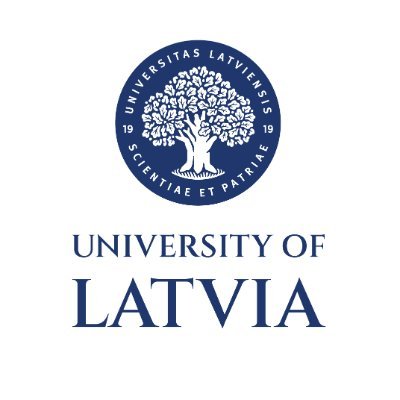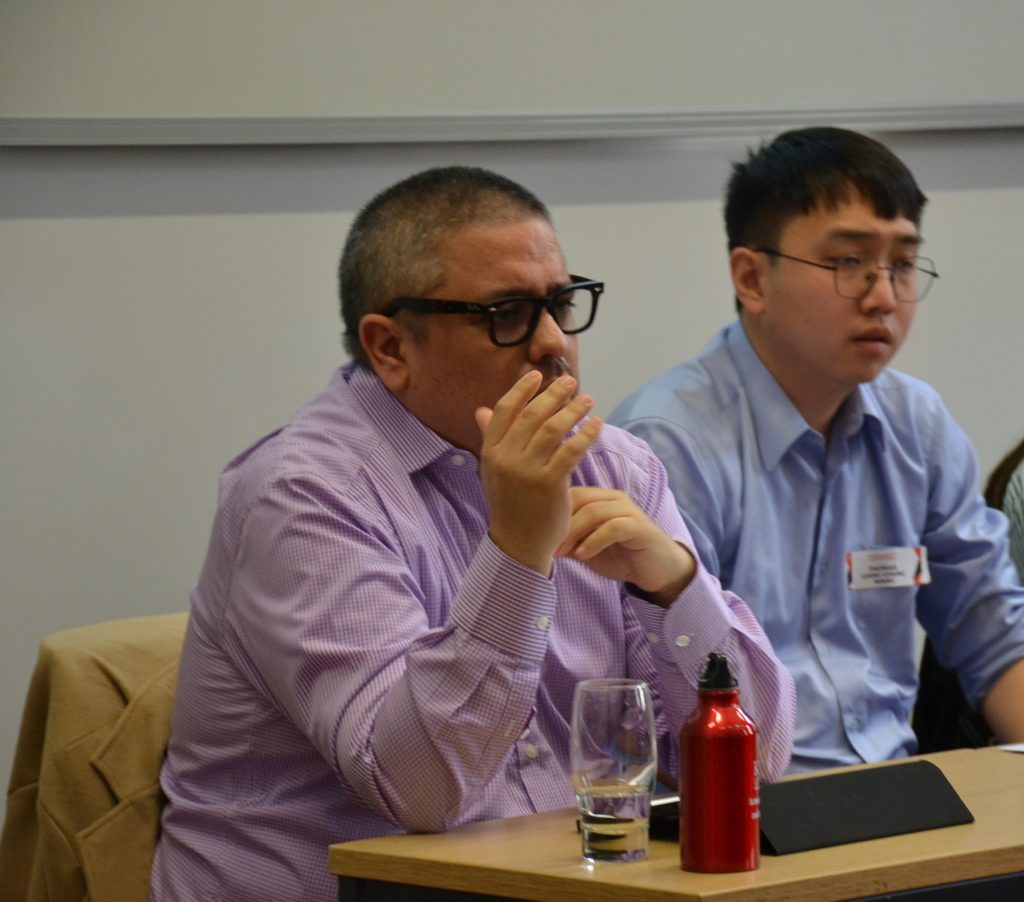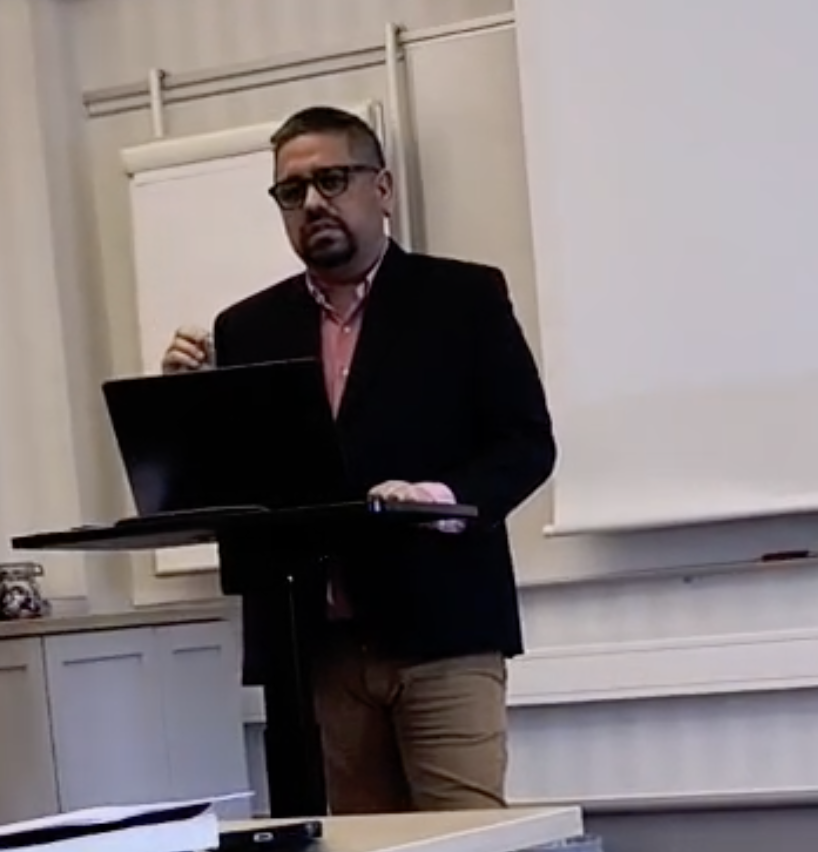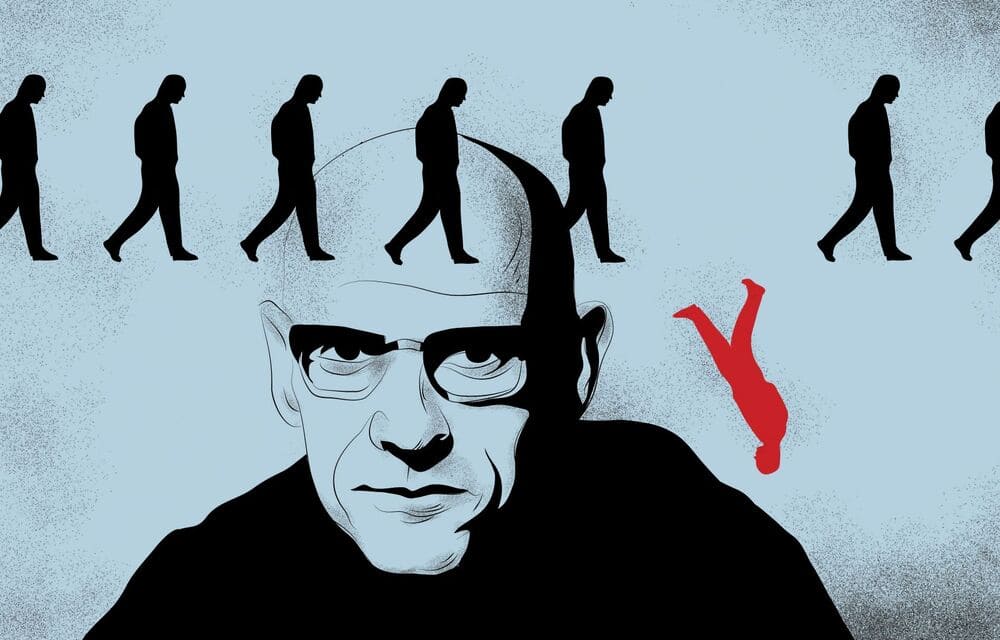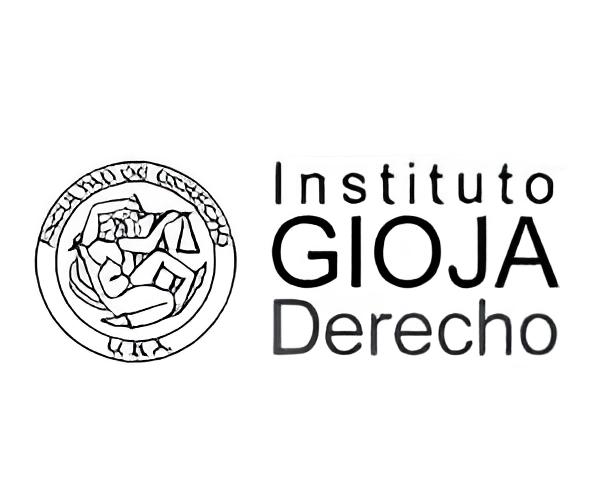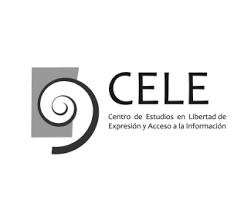
News
Education
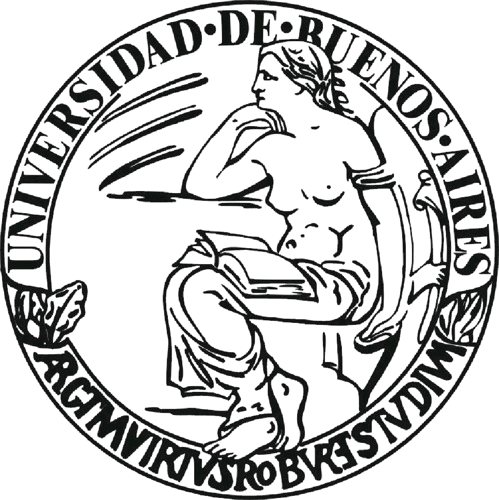





Interest
- Epistemology
- Critical theory
- Political philosophy
- Michel Foucault
- Feminist theory and gender studies
- Contemporary French Philosophy
It has been suggested by some critics that, even though Michel Foucault was critical of traditional forms of power and authority, he did not explicitly align himself with any specific revolutionary ideology. While this observation reflects his critical stance, it also invites discussions about how certain scholars engage with Foucault’s work by questioning his focus on local, specific struggles against power rather than broader, universal revolutions or overarching political movements. Additionally, some perspectives consider his analysis of power to be largely descriptive, suggesting that it may lack a normative foundation for guiding political and social action in a concrete and prescriptive manner. According to these viewpoints, Foucault’s profound emphasis on power relations, especially alongside his proposition that subjectivity itself is shaped by these power relations, might create an intellectual environment with limited scope for understanding individual agency and the potential for resistance. This framing could be seen as contributing to a deterministic and somewhat passive outlook on the concept of the subject. Consequently, it raises questions about how individuals can effectively resist, challenge, and potentially transform established power structures within society. The implications of this perspective continue to spark debates among scholars regarding the possibilities and limitations present in Foucault’s theoretical framework.


